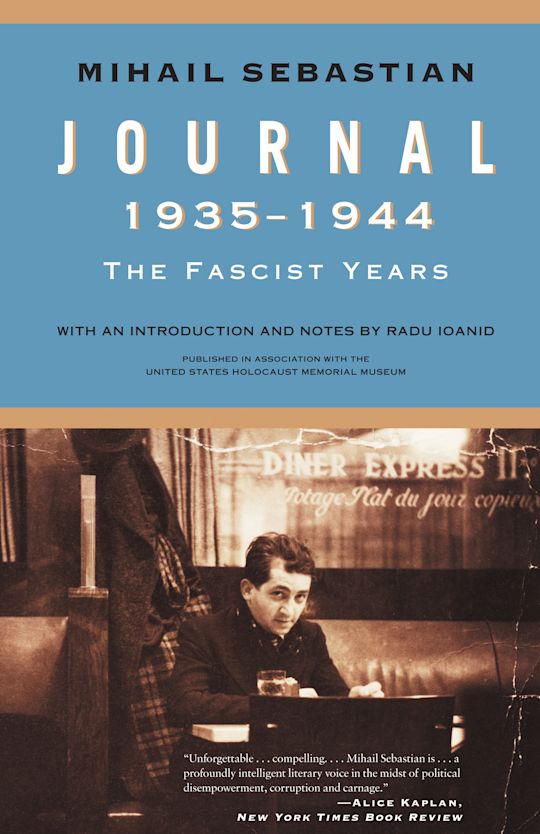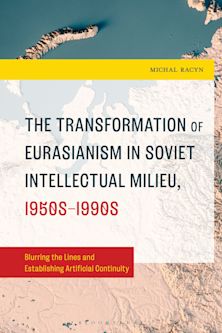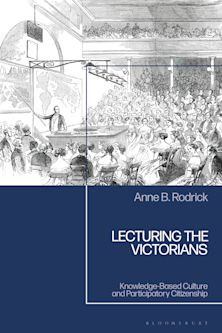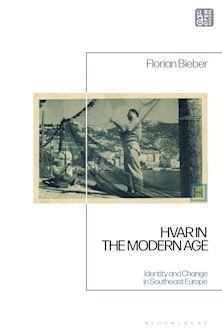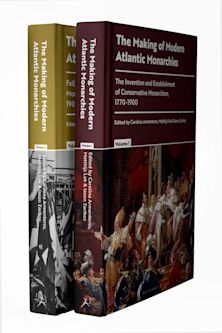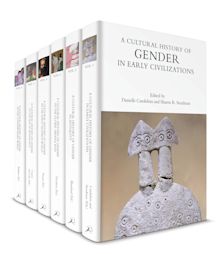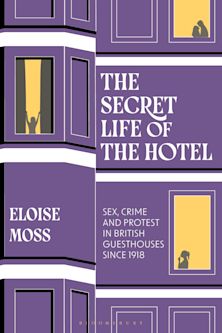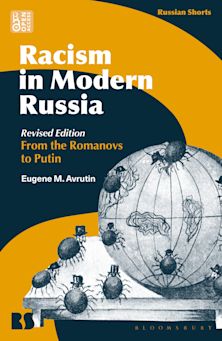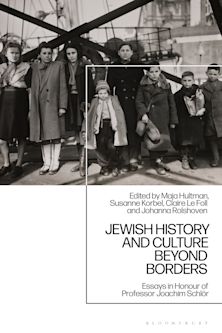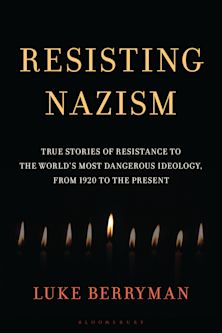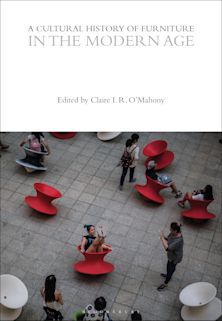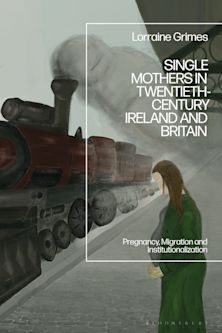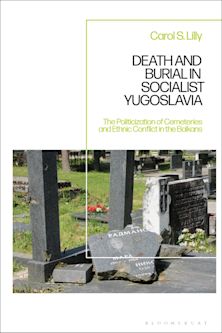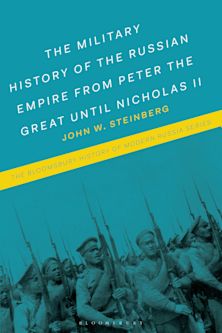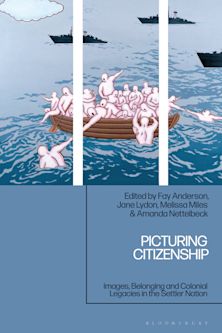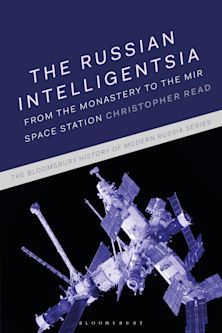- Home
- ACADEMIC
- History
- Modern History
- Journal 1935–1944
You must sign in to add this item to your wishlist. Please sign in or create an account
Description
Hailed as one of the most important portrayals of the dark years of Nazism, this powerful chronicle by the Romanian Jewish writer Mihail Sebastian aroused a furious response in Eastern Europe when it was first published. A profound and powerful literary achievement, it offers a lucid and finely shaded analysis of erotic and social life, a Jew’s diary, a reader’s notebook, a music-lover’s journal. Above all, it is an account of the “rhinocerization” of major Romanian intellectuals whom Sebastian counted among his friends, including Mircea Eliade and E.M. Cioran, writers and thinkers who were mesmerized by the Nazi-fascist delirium of Europe’s “reactionary revolution.” In poignant, unforgettable sequences, Sebastian follows the grinding progression of the “machinery” of brutalization and traces the historical context in which it developed. Despite the pressure of hatred and horror in the “huge anti-Semitic factory” that was Romania in the years of World War II, his writing maintains the grace of its perceptive and luminous intelligence. The legacy of a journalist, novelist, and playwright, Sebastian’s Journal stands as one of the most important human and literary documents of the climate that preceded the Holocaust in Eastern Europe.
Product details
| Published | Nov 30 2012 |
|---|---|
| Format | Ebook (Epub & Mobi) |
| Edition | 1st |
| Extent | 672 |
| ISBN | 9781442223110 |
| Imprint | Rowman & Littlefield |
| Illustrations | 1 map |
| Series | Published in association with the United States Holocaust Memorial Museum |
| Publisher | Bloomsbury Publishing |
About the contributors
Reviews
-
This extraordinary personal diary, describing, day by day, the ‘huge anti-Semitic factory’ that was Romania in the late 1930s and early 1940s, deserves to be on the same shelf as Anne Frank’s Diary and to find as huge a readership. Sebastian is no child, however—his is a sophisticated literary mind observing in horror, and then portraying with a fluid, lucent pungency, the cruelty, cowardice, and stupidity of his worldly Gentile friends in Bucharest’s urban cultural elite as they voluntarily transform themselves into intellectual criminals and, allied with the Nazis, participate with fanatical conviction in ‘an anti-Semitic delirium that nothing can stop.’
Philip Roth
-
This book is alive, a human soul lives in it, along with the unfolding ghastliness of the last century, which passed an inch away from Sebastian's nose. Here is a life whose spell will last a long time.
Arthur Miller
-
An extraordinary testimonial. . . . The sickening coziness of artistic and political worlds in fascist Romania is caught in the very process of ‘rhinocerization,’ to use Eugène Ionesco’s famous coinage. . . . Sebastian’s Journal is an uncomfortable and convincing reminder that the Romanian, indeed European, intellectual milieu still had something morally rotten at its core. This book rises from the debris of pre-war verbiage like a man from a pile of corpses.
Andrei Codrescu
-
This journal stands as one of the most important human and literary documents of the pre-Holocaust climate in Romania and Eastern Europe. . . . Remarkable.
Norman Manea, author of "The Hooligan's Return"
-
Like all great works, Journal generates its own actuality. Discovering and reading it today, more than half a century after it was written, is a shattering and overwhelming experience. What is particularly admirable in this diary is Mihail Sebastian himself: he cannot help remembering that these fascists have been his former friends during their common youth, and he is able to feel sorrow when one of them dies. Even when he is himself marked and hunted, even when his own life is at stake, even when the horror culminates in the massacre at Jassy, even when he is beyond disgust and revulsion, he never loses his sense of justice, nor his humanity. He remains through and through a Just.
Claude Lanzmann
-
Unforgettable . . . compelling. . . . Mihail Sebastian is an unparalleled diarist . . . a profoundly intelligent literary voice in the midst of political disempowerment, corruption and carnage.
Alice Kaplan, The New York Times Book Review









